While traveling to Vietnam, tourists should take care to find out more in advance about the financial side of things. Being informed will enable you to plan your expenses beforehand and avoid unpleasant situations in regards to money matters. We hope that our experience living in this country will help you to take advantage of the below tips on bargain travelling.
[toc]
The Currency of Vietnam
The official state currency of Vietnam is called dong. Similarly to any other country, a Vietnamese money economy is based on paper notes and metal coins of various denominations. As a result, the dong is subdivided into 10 hao. However, you are unlikely to ever come across Vietnamese coins since their use has highly decreased nowadays.
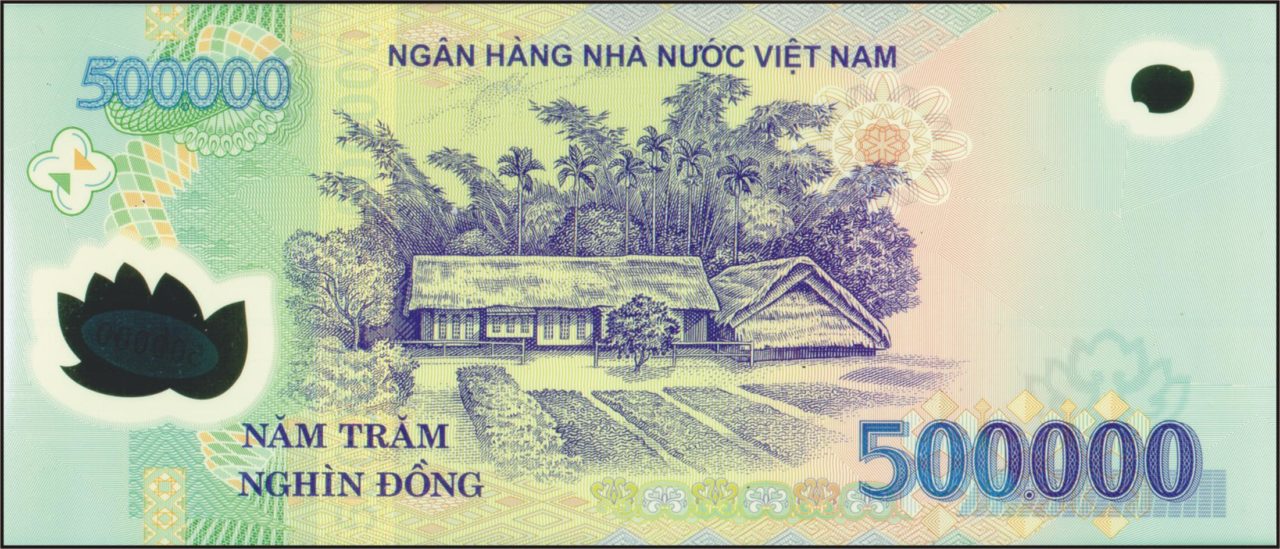
Within the country, the following banknotes are used for payment: 100; 200; 500; 1,000; 2,000; 5,000; 10,000; 20,000; 50,000; 100,000; 200,000 and 500,000 dongs.
[sc name=”Realbig-Post-Middle-1″]
It is interesting to know that Vietnamese government (following the example of other countries) approves printing plastic notes of denominations over 10,000 dongs. There are various reasons behind such decision – some of which are the reduced cost of production and that the life of plastic banknotes is significantly longer than paper notes. That is pretty helpful, since you do not have to worry about banknotes’ damage if you by any chance swim with money in your pockets.
For newcomers to Vietnam it is advisable to take it easy and look around upon your arrival into the country before making various purchases. Prices can differ a lot depending on the type of the shop, its location and a few other conditions.
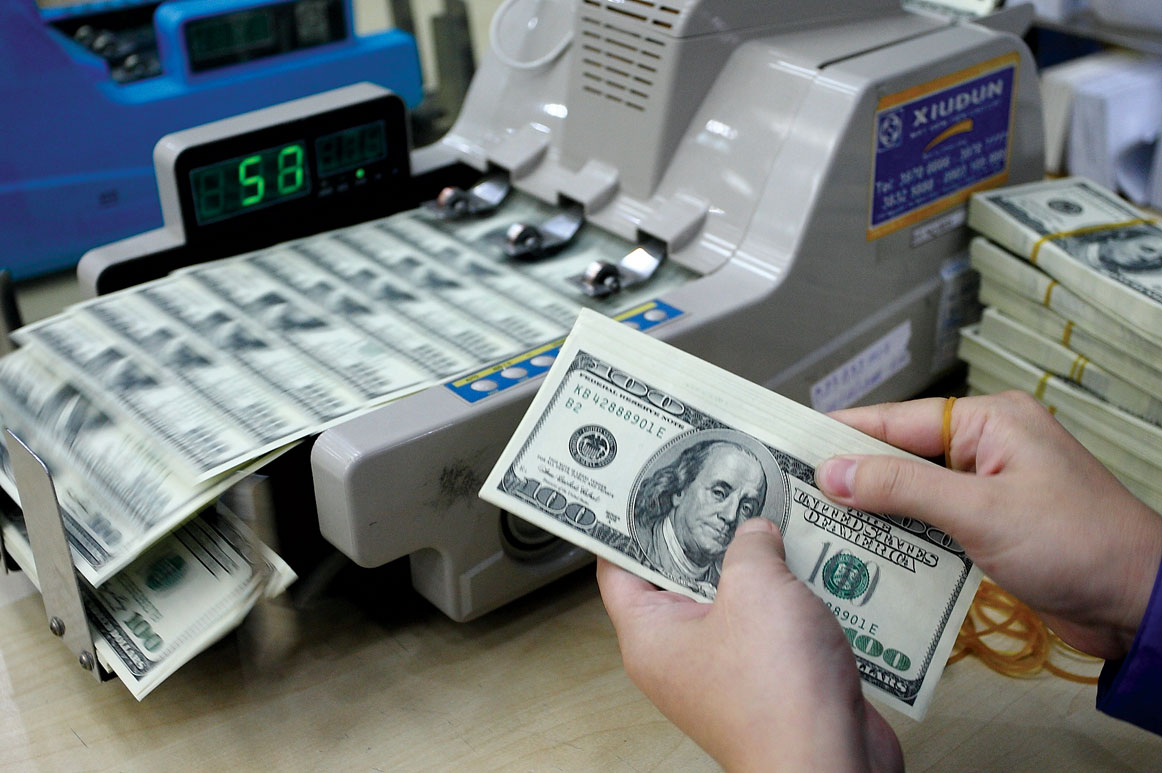
Due to the fact that the local currency is subject to inflation and depreciation, the use of US dollar is quite common in Vietnam. While using Vietnamese currency, you should keep your eyes open to the fact that some local banknotes (such as 20,000; 500,000; 10,000 or 200,000 dongs) are very similar in appearance thanks to their identical design. Just beware to take your time to get used to a few differences between these notes before beginning your shopping or paying for services. Fortunately, such adjustment has little difficulty and becomes a smooth sailing for most tourists in a couple of days.
Keep reading to find at the end of the article a few more interesting hints for budget travelling.
How much money do you need?
The following articles will help you to make sense of prices in Nha Trang:
In any case, it all depends on your needs. However, the average expense per person with typical needs is about 600-700 dollars for a fortnight stay. Anyway, there might be a slight either side deviation. For example, the cost of our elderly parents with their granddaughter (our niece) visit came to one thousand dollars per three persons. In more detail, the stay included shopping, outings and presents and excluded nightclubs and alcohol.
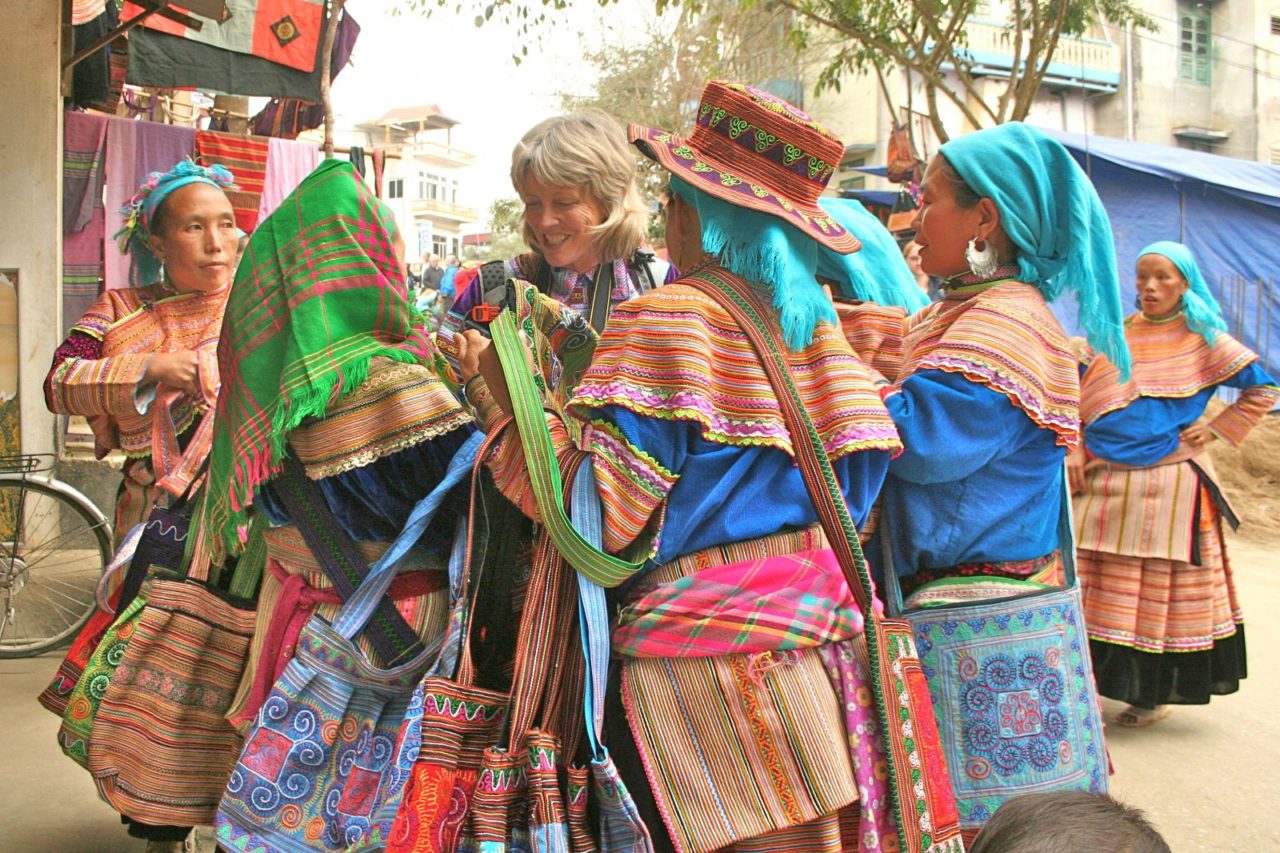
In a few words, your main expenses in Vietnam will amount to following:
- Transportation (public transport and taxi);
- Meals;
- Excursions;
- Entertainment;
- Alcohol.
The average taxi fee is about 50, 000 – 60, 000 dongs.
[sc name=”Realbig-Post-Middle-2″]
The restaurant eating out for two in the European Quarter will come to 300 000 -500 000 dongs. While the average dinner price is 70,000 – 100,000 dongs, some locals manage to dine at 20,000 dongs. Therefore, you can greatly cut down your eating expenses if you do not eat in the city centre. Actually, the further from downtown you eat out, the more you save.
Generally, an average excursion would cost you about 25-50 dollars, although there might be more expensive ones. Making some of them on your own is not too difficult and much more saving. A self-sustaining trip to the Northern Islands, for example, will only be half the price of a tour operator. You will enjoy this affordable and easy journey, if you follow the directions given on this website.
The guideline for entertainment and alcohol goes in much in the same way as for eating. The further from the city center you enjoy life, the more you are able to save. By following this approach, paying 10,000 — 12,000 dongs for beer may become your normal practice.
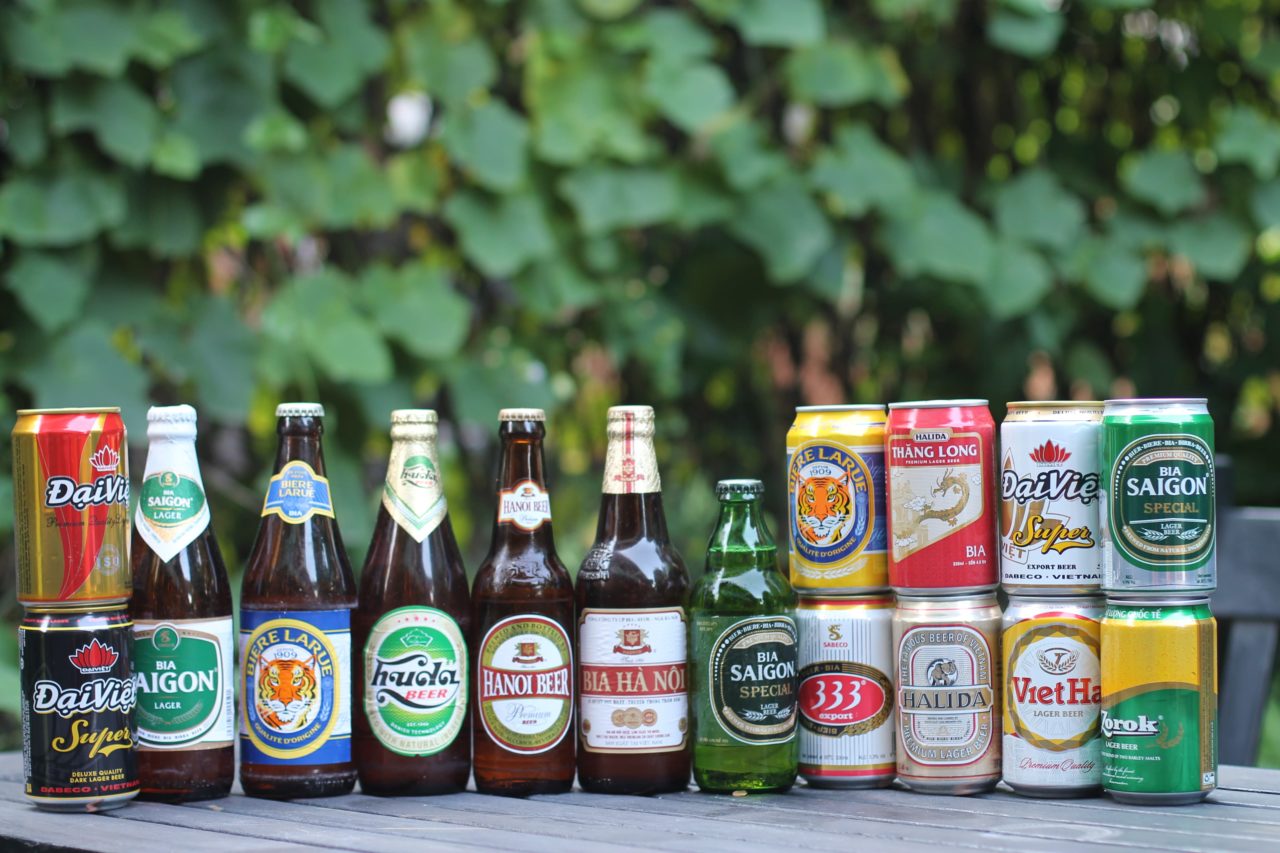
In any way, you can always reassess your wants bearing in mind that you should not save on gifts to your loved ones.
Places to Exchange Dollars in Nha Trang
US dollars can be exchanged not only at banks, but also at hotels and currency exchange terminals that can be found in:
- airports;
- travel agencies;
- shopping centers and jewelry stores;
- some restaurants.
The exchange rates in such places are usually more favorable since some Vietnamese banks have a few limitations in regards to the US dollar purchase from public.
You’d be better off to use jewelry stores for this purpose as we have learned to our own cost that they often have best exchange rates.
The Use of Plastic Cards in Vietnam
Although cash runs the show in Vietnam, plastic cards are accepted as a form of payment in big department stores, high-profile restaurants and hotels as well as travel agencies.
It is needless to say, that only cards of International Payment Systems (IPS) such as Master Card, Visa, JBC or American Express can be used to pay for goods and services.
The credit card payment is more popular in resorts, commercial and entertainment places, where there are more tourists than locals.
But for purchases made at stalls, kiosks, convenience stores, taxies and markets only cash can be used.
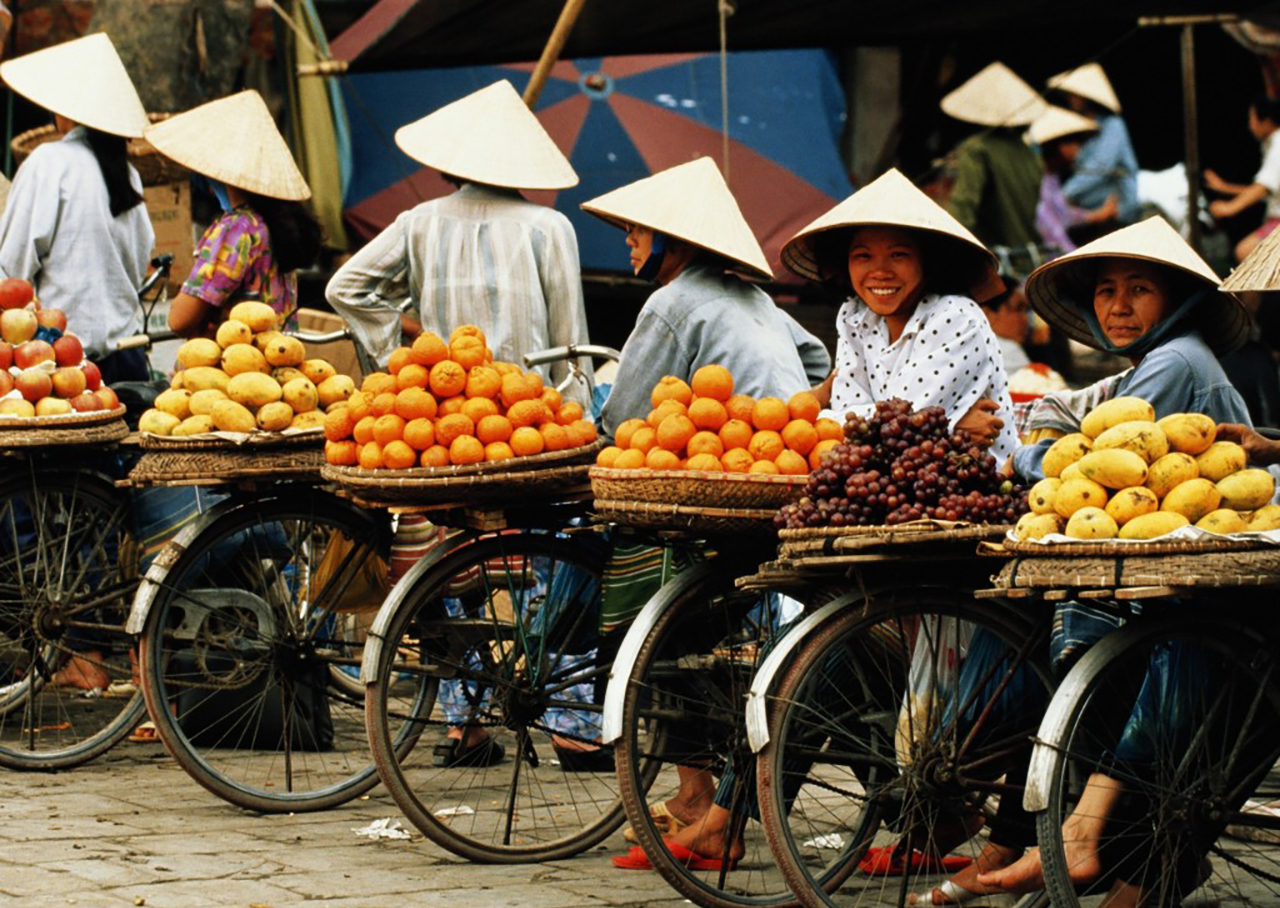
Cash Withdrawals at Atms and Cashless Payments
Local authorities advise visitors that it is safer to use ATMs based in reputable hotels and banks. This will help to avoid needless troubles and will guarantee that tourists will not become fraud victims.
Street ATMs at resort places are sometimes subjected to scam when real banknotes are replaced with the faked ones similar in appearance. This is why it is advisable to withdraw cash at trustworthy establishments.
Such are currency exchange agencies at resorts where you can safely make various foreign transactions and purchase local currency. It is noteworthy that for avoidance widespread unfavorable rates the best thing is to take care of buying Vietnamese currency at home in advance.
[sc name=”Realbig-Post-Middle-3″]
Highlight: While making foreign transaction through ATM, both banks (local and yours) charge quite a commission that can total to 50,000 dongs. Therefore, your best bet in this situation will be cutting down frequent withdrawals of small amounts of money. Making one large withdrawal instead would be much better tactic.
The dong’s exchange rate against foreign currencies determined by Vietnamese government is used for non-cash transactions. This is why cashless payments differ from payments by cash. If you are looking for a bargain journey, you should stock up with dongs (or at least US dollars) ahead of time.
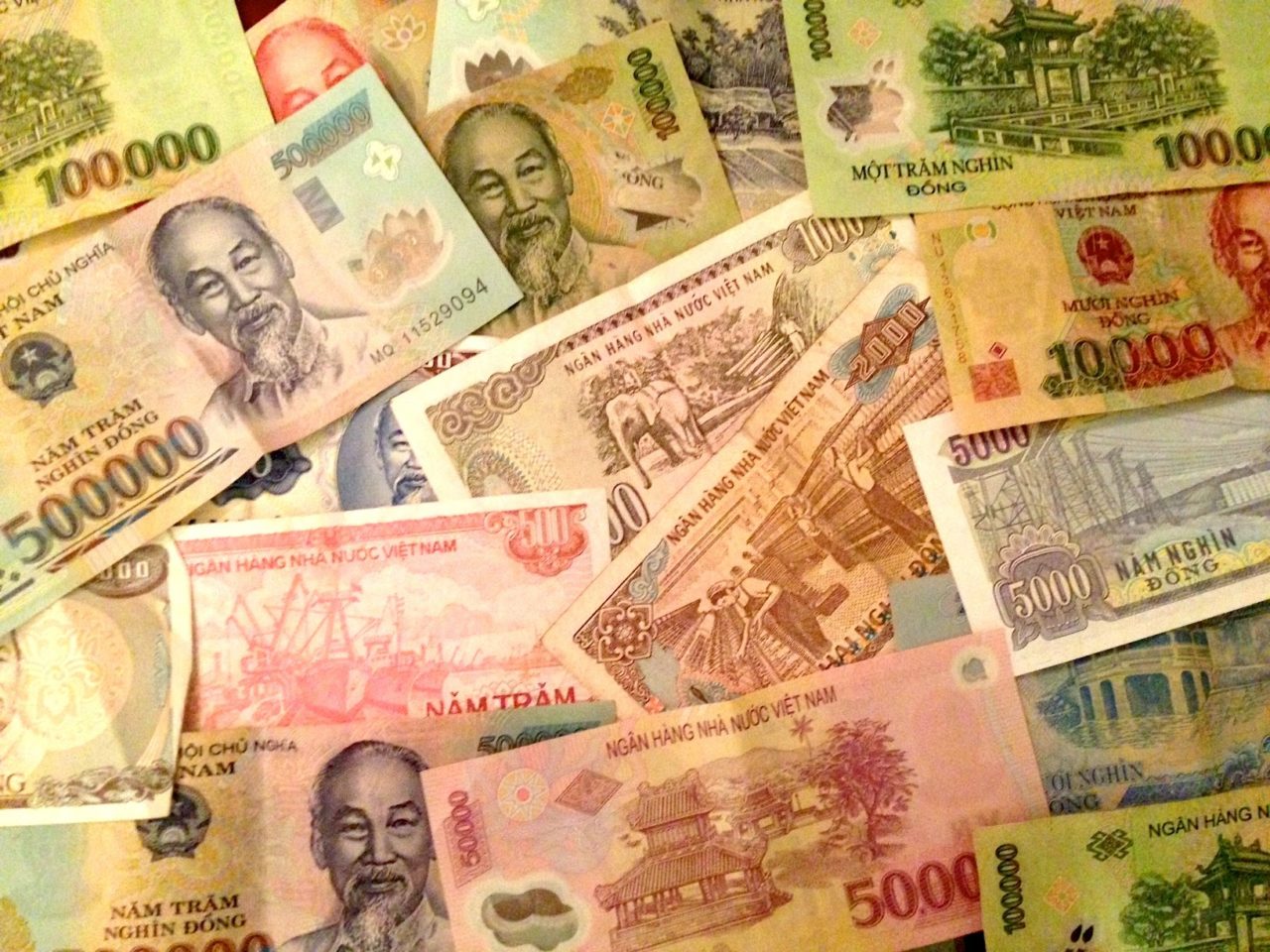
Dong Exchange Rates to Foreign Currencies
[sc name=”currency-today”]
Thanks to exchange fluctuations prices for goods and services are subject to changes as well. If you had bought a certain amount of Vietnamese dongs before your trip, you should be prepared that its rate might be different at the time you are staying at the country.
Due to high depreciation rate of Vietnamese currency locals often omit the word thousand while naming the price. When they say “one hundred”, this usually means one hundred thousand dongs; “three hundred” means three hundred thousand dongs and so on. It may be a bit unfathomable for you in the beginning, but you get used to it pretty soon.
What Are the Reasons for Different Dong’s Exchange Rates?
Dong’s different rates depend on a few following factors::
- the time of the day;
- government exchange rates;
- exchange agency location;
- external market rates for Vietnamese currency.
You should also remember that you can get only limited amounts of money through some ATMs. In respect that both the external and local banks charge a transaction fee many tourists come to understand that it is not cost-effective to use a credit card all the way in Vietnam.
A Few Tips That Can Help You to Save While Making Purchases and Foreign Exchange
- Stock up with dongs before you come to the country. But if you did not do it for some reason, you can purchase your first part of Vietnamese currency at one of jeweler’s. You can do it, for instance, at Princess Jewelry on the 2nd line that often has good exchange rates.
- While using ATMs, make you withdrawals as large as possible. Each transaction is charged with a fee, so you’d be better off if you do not use ATM too often.
- Check denominations of banknotes while handling your money. As an illustration, the 10,000 and the 100,000 notes show resemblance, so it is easy to confuse them. While making your purchase, beware of the appearance of the notes and double-check how much you are paying.
- Always ask for a discount. It is a common thing to do it in this country since Vietnamese sellers overprice nearly everything in the hope of gain. Local buyers know that and always ask for discounts everywhere: in supermarkets, rental agencies and even in hotels. Why you should not?
- If they do not give you discount – go away. That’s true, you are not hearing things. As soon as you start leaving, they shout after you, “OK, let’s make for … “(and they name your price).
- Often pay them compliments. Asian people love it when they get compliments from foreigners – especially about their looks and in the presence of their ethnic kin. This way his or her ego is amused and prestige is enhanced in the eyes of others. If you learn a couple of phrases in Vietnamese (from the article “Vietnamese language”) and use them while making a purchase – you have a good chance of getting maximum discount!
- Soak in the sun. When locals see you tanned, they get the idea that you are for a long time here already and know how many beans make five.
- Be independent. You can make most of excursions on your own and pay much less on the spot. Therefore, if you are interested by the article on this page, have a look at other ones on our blog that are equally interesting and help you do more things autonomously.
If you have any questions, you can fill out our “Questions” form on the website menu at the top of this page. Alternatively, you can contact various groups such as “Nha Trang Flea Market”, ask what you need to know and get a detailed answer from Europeans who live in Vietnam for many years.
We hope that this beat will help you to enjoy your trip to Vietnam and fall in love with this beautiful country that make you want to come back again and again!






